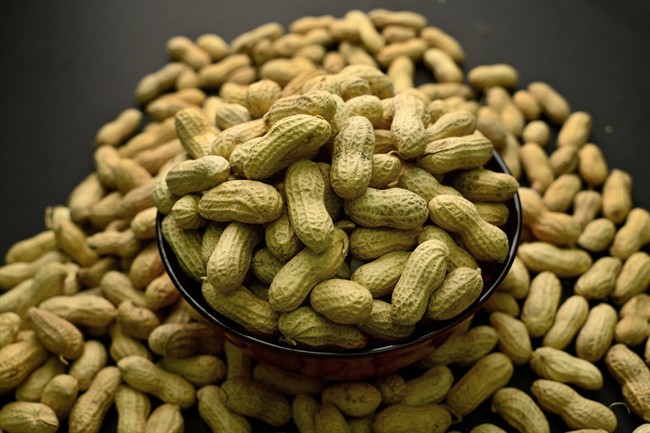Dr. Malcolm Sears calls it “an important shift in thinking away from avoidance of potentially allergenic foods, towards their early introduction.”

A study co-directed by the McMaster University Professor of Medicine and Dr. P.J. Subbarao, of Sick Kids, finds that delaying the introduction of cow’s milk, eggs and peanuts until after a baby’s first year may increase the likelihood of a food allergy later on.

Get weekly health news
Dr. Sears is also a researcher at the Firestone Institute for Respiratory Health at St. Joseph’s Healthcare in Hamilton.
Specifically, his findings are that “if cow’s milk was not given in the first year of life, they were nearly four times more likely to become allergic.” He adds that “for egg it was almost a two-fold risk and again for peanut, almost a two-fold risk.”
The findings are part of the decade-long Canadian Healthy Infant Longitudinal Development (CHILD) Study which is following the development of thousands of children across Canada, who were born between 2008 and 2012.
Dr. Sears is a co-director of that study, which is funded by the Canadian Institutes of Health Research and the Allergy, Genes and Environment (AllerGen) Network.
The research is published in the journal, Pediatric Allergy and Immunology.








Comments